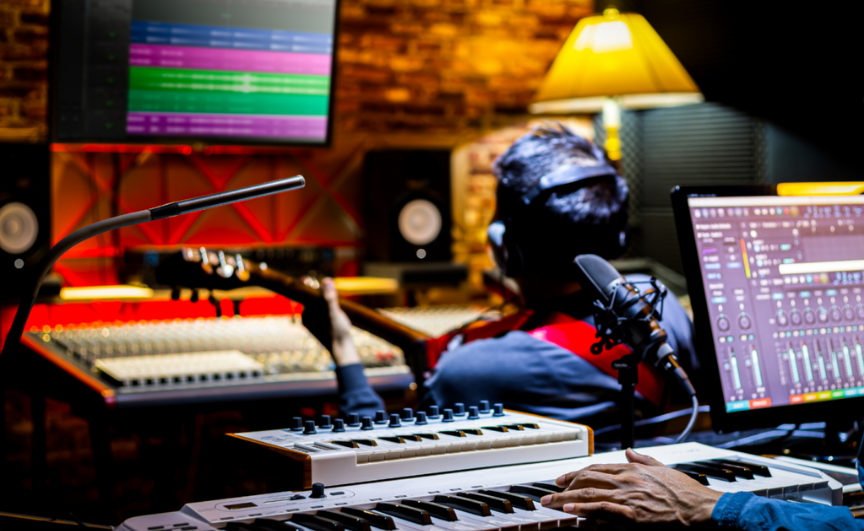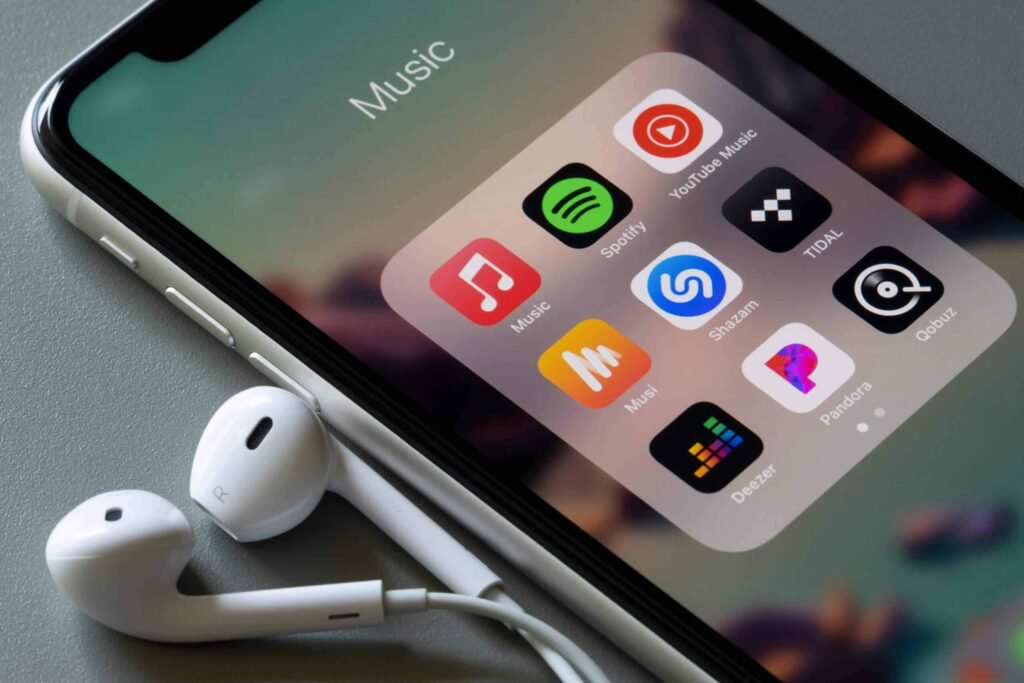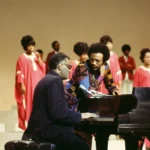The Evolution and Challenges of Music Distribution for Nigerian Artists

Every artist’s dream is to have their music heard by as many people as possible. In the vibrant world of Afrobeats, this aspiration has driven musicians to explore various distribution channels over the years. From the bustling Alaba Market to the airwaves of radio stations, early Afrobeats pioneers laid the groundwork for a genre that would eventually capture global attention. The digital revolution brought new opportunities and challenges, transforming how Nigerian music reaches audiences worldwide. However, despite the advent of platforms like iTunes and YouTube, independent artists still face significant hurdles in ensuring their music is available on all major streaming services.
Historical Context: From Alaba Market to Digital Platforms
In the early days of Afrobeats, musicians relied heavily on physical distribution channels like Alaba Market and radio to reach broader audiences. Alaba Market, a significant electronics market in Lagos, became a key hub for distributing music CDs and cassettes. Radio stations were crucial in promoting new releases and connecting artists with listeners.
With the advent of the internet, music became accessible on platforms like iTunes and later YouTube, revolutionising how fans consumed music. Despite these advancements, limitations persisted, and bloggers thrived. Websites like Notjustok.com, Jaguda, and TooXclusive often took songs from iTunes and uploaded bootlegged versions, resulting in millions of downloads without compensation for the artists. Getting a song onto a major platform was still challenging at that time. Notjustok’s Ovie O’s bio famously advised artists to submit their songs via mail and pray for the best.
The Streaming Revolution
Fortunately, streaming services entered the Nigerian market a few years later, revolutionising music distribution. These subscription-based services were tailored for the Nigerian audience, allowing artists to upload their songs to major platforms such as Apple Music, Spotify, YouTube, and Boomplay. This innovation transformed the listening experience, enabling fans to enjoy their favourite artists’ music without interrupting blogger signatures.

Challenges Faced by Independent Artists
However, the arrival of streaming in the Nigerian market came with its share of challenges. Independent artists often release EPs or albums, but these projects don’t make it to some streaming platforms. For instance, a song might be on Audiomack, YouTube, and Boomplay but missing on Apple Music and Spotify. This discrepancy predominantly affects artists outside major entertainment hubs like Lagos. I have attended numerous shows where talented independent artists performed beautifully, only to discover their music was unavailable on major streaming platforms.
Navigating Distribution Services
Curious and frustrated, I investigated the criteria for getting music onto these platforms. Minkir Dawaki, an artist and A&R based in Kaduna, provided insights into the process. According to Minkir, artists typically use distribution services to upload their songs to major streaming platforms. Unlike Audiomack and YouTube, where artists can upload directly, platforms like Apple Music and Spotify require intermediary services such as CD Baby, DistroKid, and TuneCore.
Minkir explained that DistroKid, one of Nigeria’s most popular distribution services, requires an annual subscription fee of about $36. It offers various artist plans, from single-artist to multiple-artist options. On the other hand, CD Baby charges approximately $10 per song upload and $50 per album. Some artists bypass these services, uploading directly to platforms like Audiomack and YouTube to avoid additional costs.
Furthermore, ignorance about these distribution services remains a significant issue among Nigerian and African artists. For example, Minkir notes that OneRPM was a free distribution service for years, yet many artists were unaware of its existence. Given the economic challenges, including the naira’s devaluation against the dollar, the cost of uploading music has increased significantly. However, substantial streaming revenue can offset these costs. DistroKid offers artists 100% of streaming revenue, while OneRPM provides 85%.
Financial and Regulatory Hurdles
Another hurdle is the limited use of Nigerian cards for dollar transactions imposed by the Central Bank of Nigeria. This restriction complicates subscription payments for independent artists. The financial burden and lack of awareness about cost-effective distribution services hinder many artists from reaching their full potential.
The Way Forward
So, what is the way forward? Upcoming artists must invest time in researching distribution options. Look into Nigeria-based services offering distribution solutions. Also, distribution companies need to develop naira payment models allowing creatives to pay for distribution services, similar to how consumers subscribe to Apple Music and Spotify. This solution would ease the subscription process for artists, making it more accessible despite the challenges posed by naira card limitations.
By understanding and navigating these distribution avenues, independent artists can broaden their reach and ensure their music is available on all major platforms, ultimately enriching the global music landscape. Collaboration between artists, tech companies, and policymakers is crucial to creating a more supportive ecosystem for Nigerian music to thrive globally.
The evolution of music distribution in Nigeria from physical markets to digital platforms has opened up new opportunities and challenges for artists. By leveraging distribution services, understanding the financial landscape, and advocating for better infrastructure, Nigerian artists can overcome these challenges and achieve global recognition. The journey is complex, but with the right strategies and support, the future of Nigerian music looks promising.






